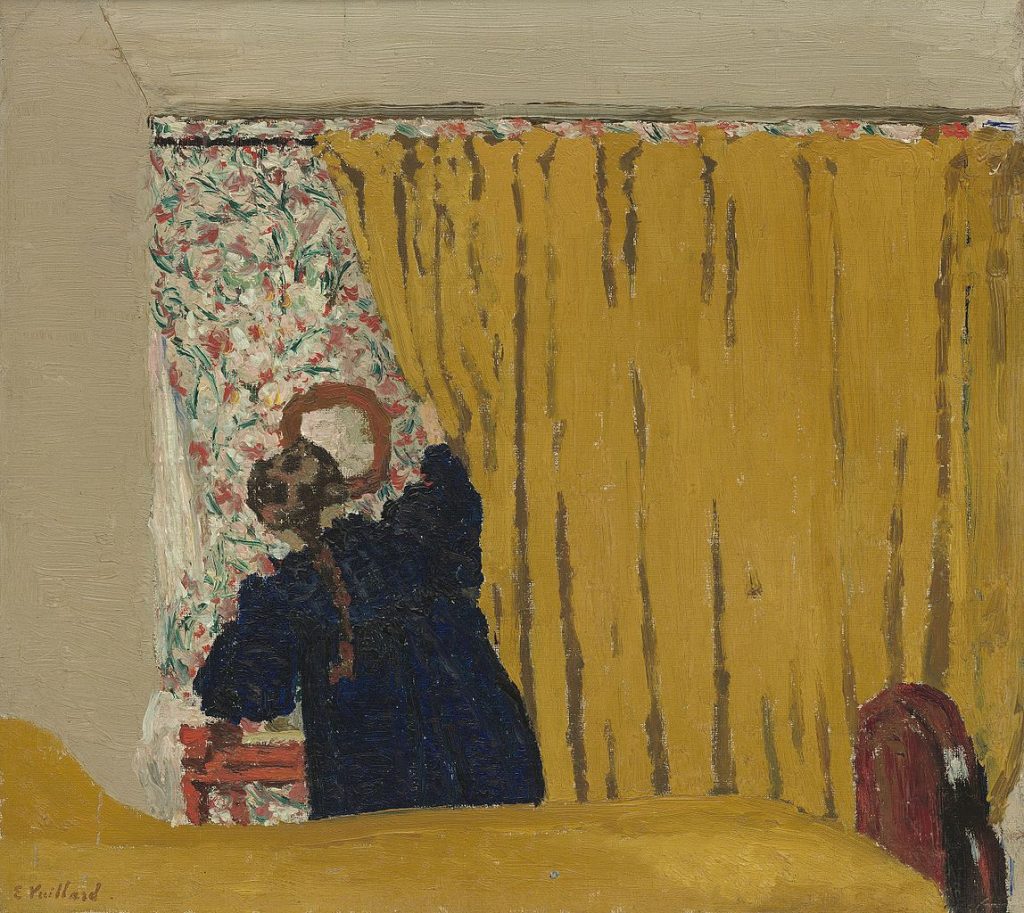Calm • Anxiety
Auditing Our Worries
One of the basic courtesies we almost never remember to pay our worries is to go back and check how they fared against reality. For the nervous among us, no period of life is free of dread-filled apprehensions. One week, we might be worried about running out of money; the next of being sued by a contractor at work; the third about having offended a friend, the fourth of being brought down by a rumour on social media and the fifth about leaving out something key from our tax returns. The worries go on and on, shifting relentlessly from one target to another – ruining our precious time on earth in the process.

What we seldom ever get around to doing – once the event is past – is pausing to compare the scale of the worry with what actually happened in the end. We are too taken up with the next topic of alarm ever to return for a composed audit.
Nevertheless, if we force ourselves to perform one, a strange realisation is likely to dawn on us: our worries are nearly always completely – and deeply – out of line with reality. Extended out across a year, a ‘worry audit’ is liable to yield similar conclusions. We almost lost our minds to worry but we didn’t – in the end – run out of money, the conflictual work situation found a sound resolution, our friend wasn’t offended and so on. We might fairly say that only 1% of all the things we ever worry about seem to reach the levels of awfulness we are solidly convinced – in anticipation – that they possess. Mark Twain’s famous dictum comes to mind: ‘I have lived through many disasters; only a few of which actually happened’.
We should – far more than we do – use the reams of data about the unreliability of our fears as a guide to the future. If we got it so wrong in the past, we’re highly likely to get it rather wrong now too. Of course we’re convinced – yet again – that this is really and truly the end, but such a certainty was with us on a great many other situations which we appear to have sailed through well enough.
Perhaps the world is not – for all its dangers – as awful as we presume. Perhaps most of the drama is ultimately unfolding in a place we need to explore and heal as fast as we can: our own minds.

























